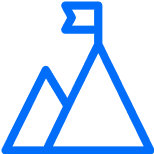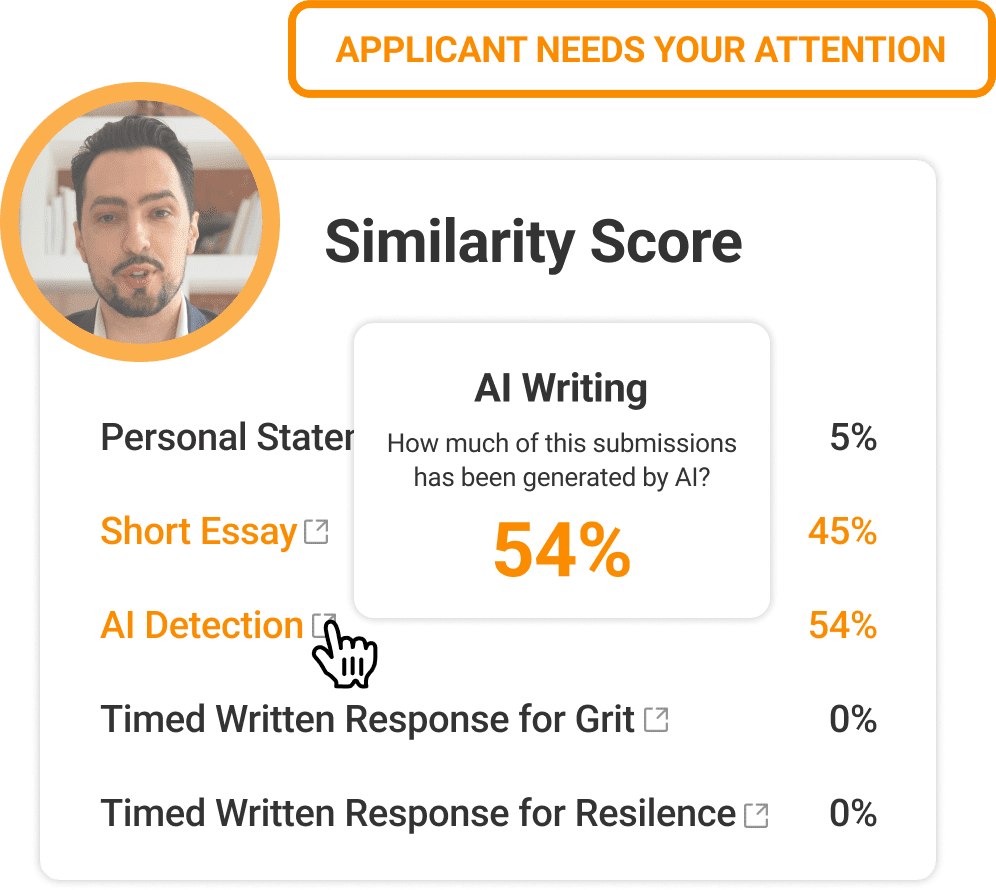For students looking to complete an undergraduate degree in business, the University of Toronto’s four-year Commerce degree at Rotman College likely ranks high on their list. Housed on the beautiful St. George campus in downtown Toronto, Rotman School of Management is ranked as the top business school in Canada and among the top 20 business schools in the world. This sterling reputation is part of the reason why the commerce program draws more than 8,000 applications per year, creating a challenge for their admissions team.
“Thousands of high-achieving students with perfect grades apply to the commerce program each year,” shared Miriam Irvine, a Recruitment and Admissions Officer at Rotman Commerce. “In order to distinguish between them we needed to take a more holistic approach.”
“Adding a Kira assessment to our admissions process has allowed us to do just that,” she added, “giving us deeper insights into applicant potential while increasing the efficiency and integrity of the process.”
Designing a holistic review fit for a world-class program
“Holistic review has been top of mind for our admissions team for several years now,” Irvine shared. “We always want to remain at the forefront of admissions best practices, and for us that means listening to all the research that has been done into the importance of non-cognitive skills, such as grit and resilience, and the role that those skills play in determining student success in the program and beyond.”
“Beyond grades, we want to see what else a student can bring to our program and what support we can offer that will help them succeed.”
“Equally important to us was that this supplemental application was structured in such a way as to allow us to mitigate instances of bias and ensure the authenticity of the submissions, even as we scaled the process across thousands of applicants and dozens of reviewers,” shared Irvine.
“The supplemental application is there to give us a deeper understanding of our applicants,” she explained. “In order for that to be successful, we need to ensure that applicants are being assessed on their own work and that merit is assigned uninfluenced by bias.”
“The final consideration was volume,” she continued. “During peak times, the system needed to be able to handle the activity without any technical issues. At the other end of the process, our reviewers needed to be able to efficiently assess applications at a high volume as well.”
Identifying the best applicants for the program faster
“The Asynchronous Assessment in Kira Talent met all of these requirements and more,” Irvine shared. “Since 2015, we’ve had every applicant to Rotman Commerce complete an on-demand timed video and timed written assessment with Kira.”
Working with the team of experts at Kira, Rotman Commerce identified a set of core competencies and created a bank of questions that allow reviewers to assess applicants for these all-important soft skills.
“Once an applicant completes their assessment, it’s assigned to a team of reviewers who score the applicant using a clearly structured and defined rubric,” Irvine explained. “Our reviewers go through extensive training by our Center of Professional Skills to ensure accurate and consistent scoring across candidates.”
“The on-demand nature of the assessment lets us have multiple reviewers simultaneously reviewing the same application completely independently,” she added. “This keeps the process moving efficiently and helps us mitigate admissions bias.”
Utilizing tech to identify instances of plagiarism and generative AI in admissions
“The integrity of the admissions process is very important to our senior management team, our faculty, and our recruitment admissions team,” Irvine shared.
“We want to ensure that deserving students are receiving offers of admission.”
“That’s where having an industry-leading tech partner like Kira makes all the difference,” shared Irvine. “We use Kira to automatically flag potential instances of plagiarism or inauthentic submissions across all 8,000 applicants.”
Powered by Turnitin, SimCheck is Kira’s fully integrated plagiarism and generative AI detection software that automatically crosschecks all written materials submitted via the Kira platform with other submissions, as well as Turnitin’s database of over 91 billion webpages and sources.
Learn how Imperial College Business School is using SimCheck across 15+ programs
“SimCheck allows us to see when an applicant has taken content from another source, whether that’s an online source or another candidate’s own submission,” explained Irvine. “The tool helps us ensure that we’re giving offers of admissions to applicants who have worked hard on their supplemental application and have submitted something that has been done by themselves, using only their thoughts and ideas.”
“The automation of this process means we’re able to apply the same rigour to each application,” she continued. “We aren’t relying on individual reviewers to investigate thousands of submissions, each submission is being run through the same system.”
The future of authenticity in admissions
“Generative AI is quickly becoming a big focus in the area of admissions integrity as well,” Irvine shared. “We know that the available tools will only continue to get smarter and more accessible to our applicants, so we want to ensure that our admissions process is evolving accordingly. For us, that means designing a supplemental application that either harnesses generative AI or asks questions in such a way where generative AI isn’t able to adequately answer.”
“Already we’re seeing that AI-generated responses score very poorly against our rubrics in Kira.”
“It’s an area that we will continue exploring, and Kira is an important partner in that process.”






